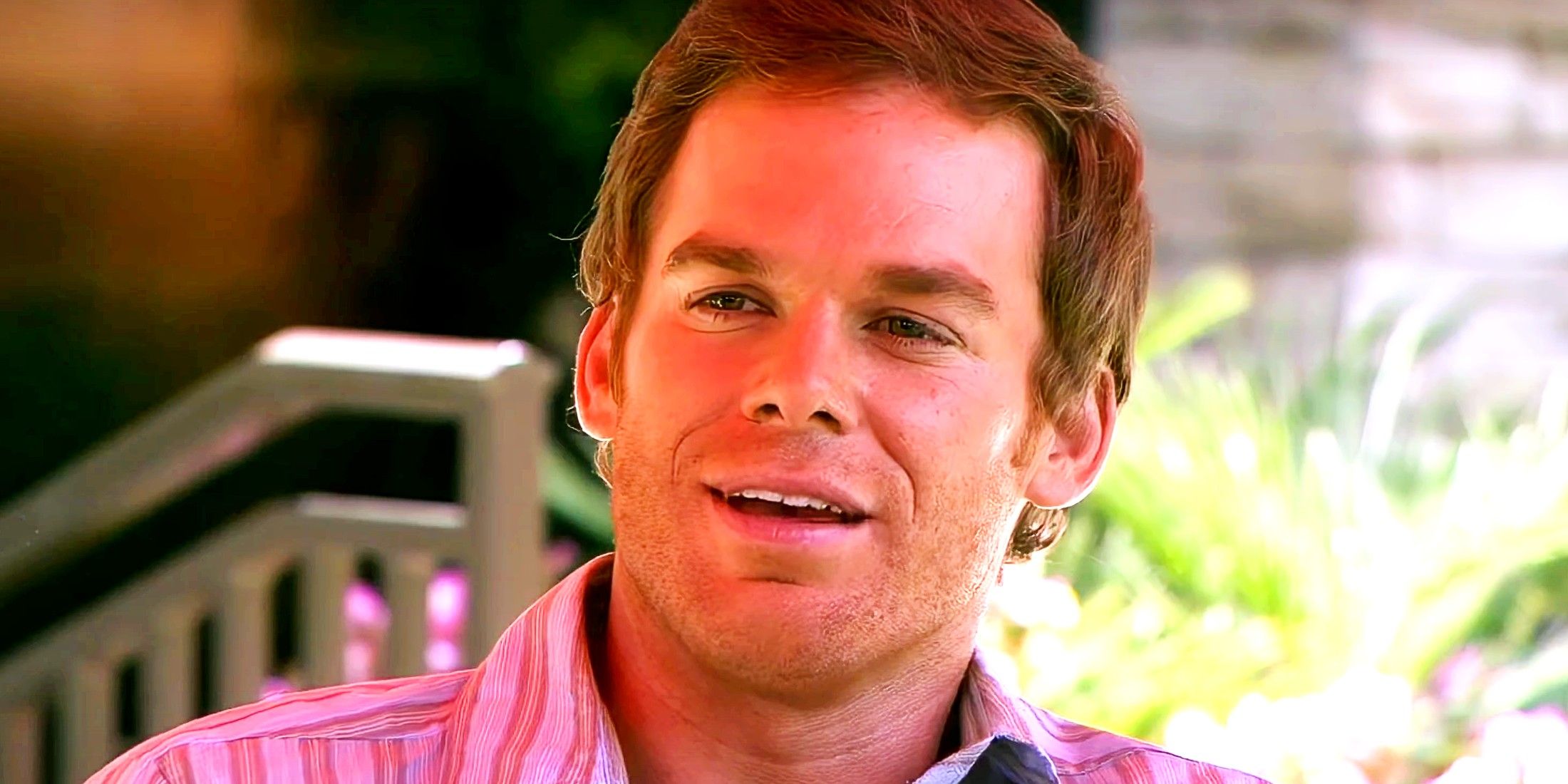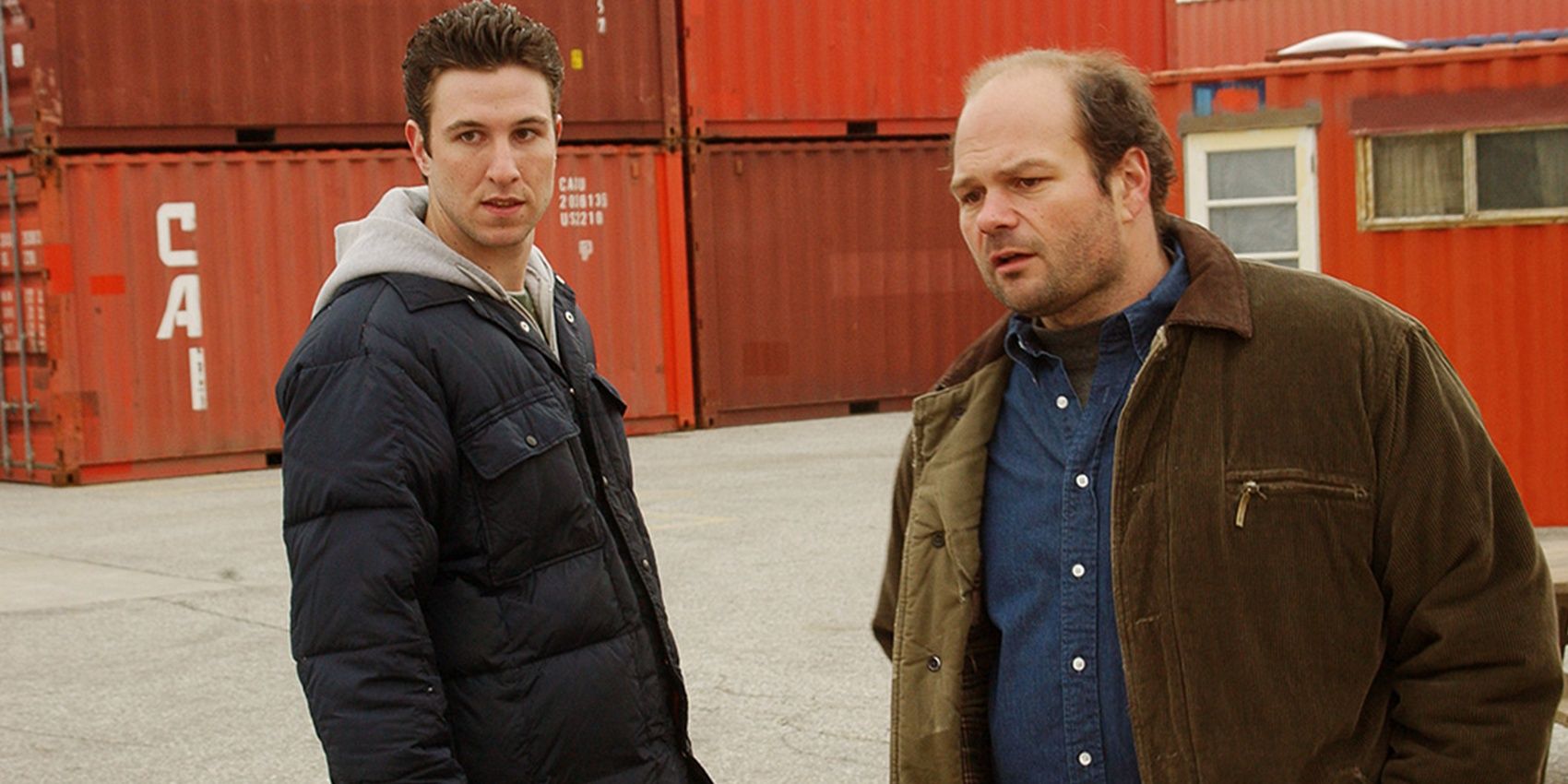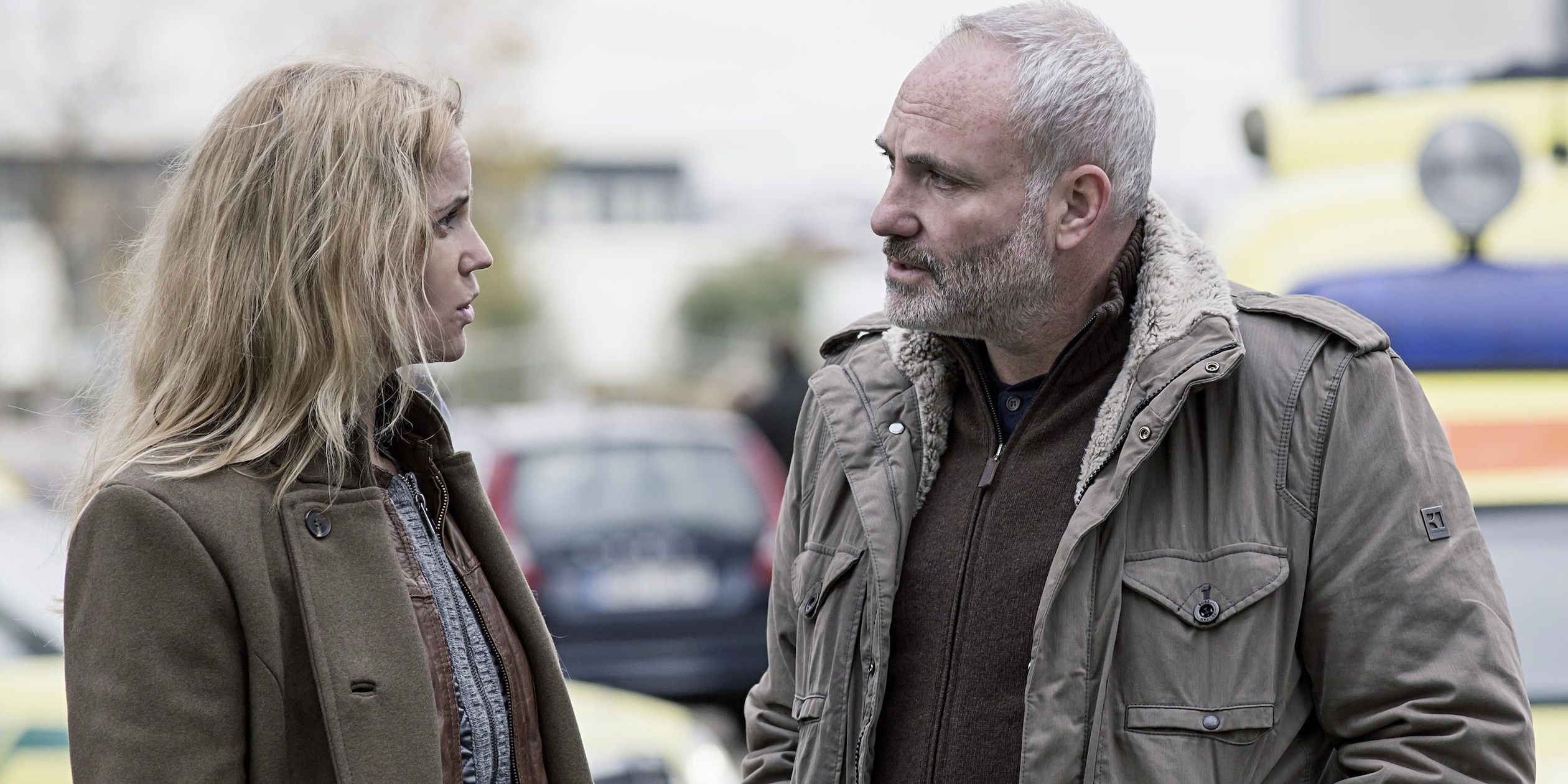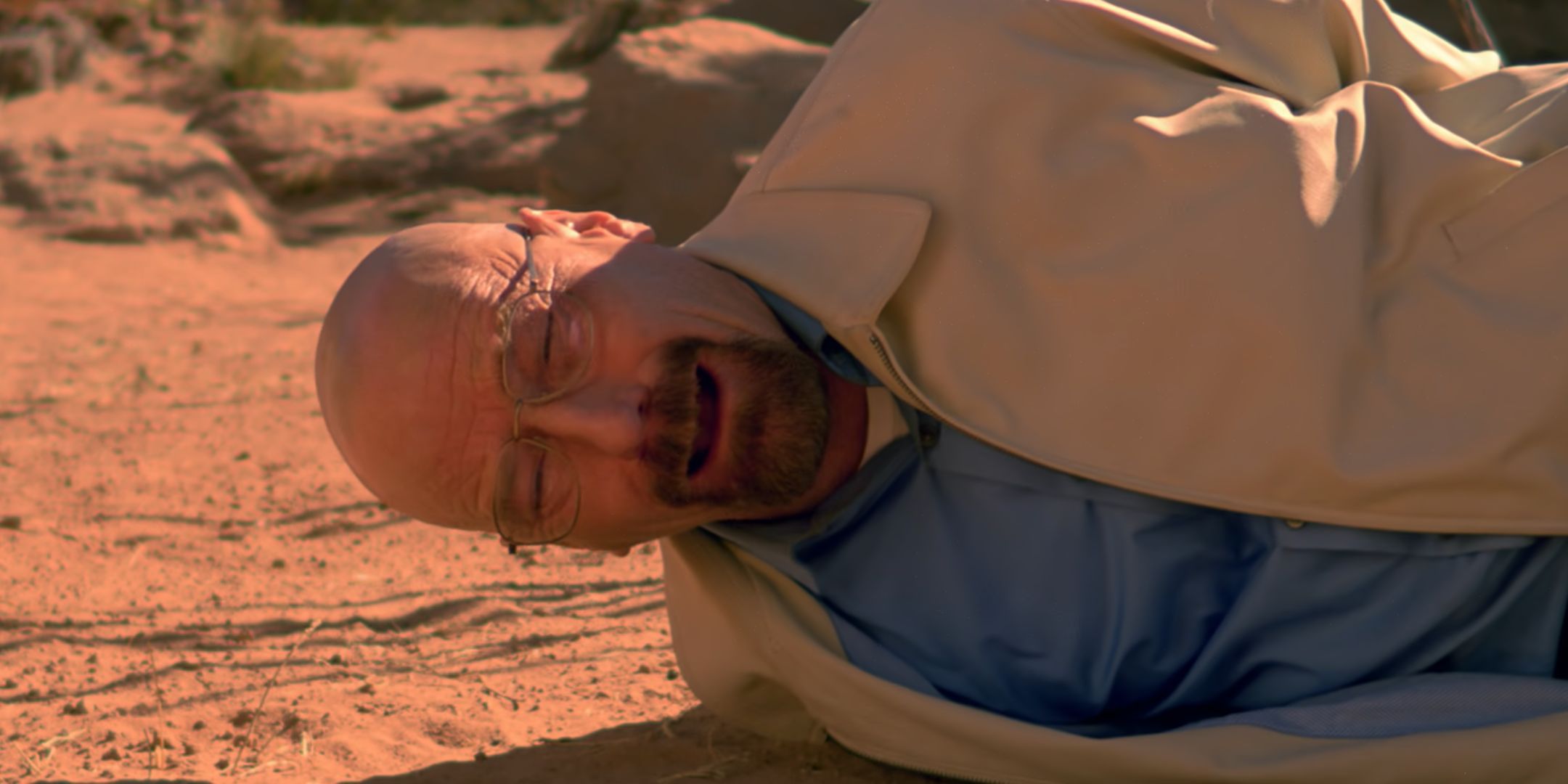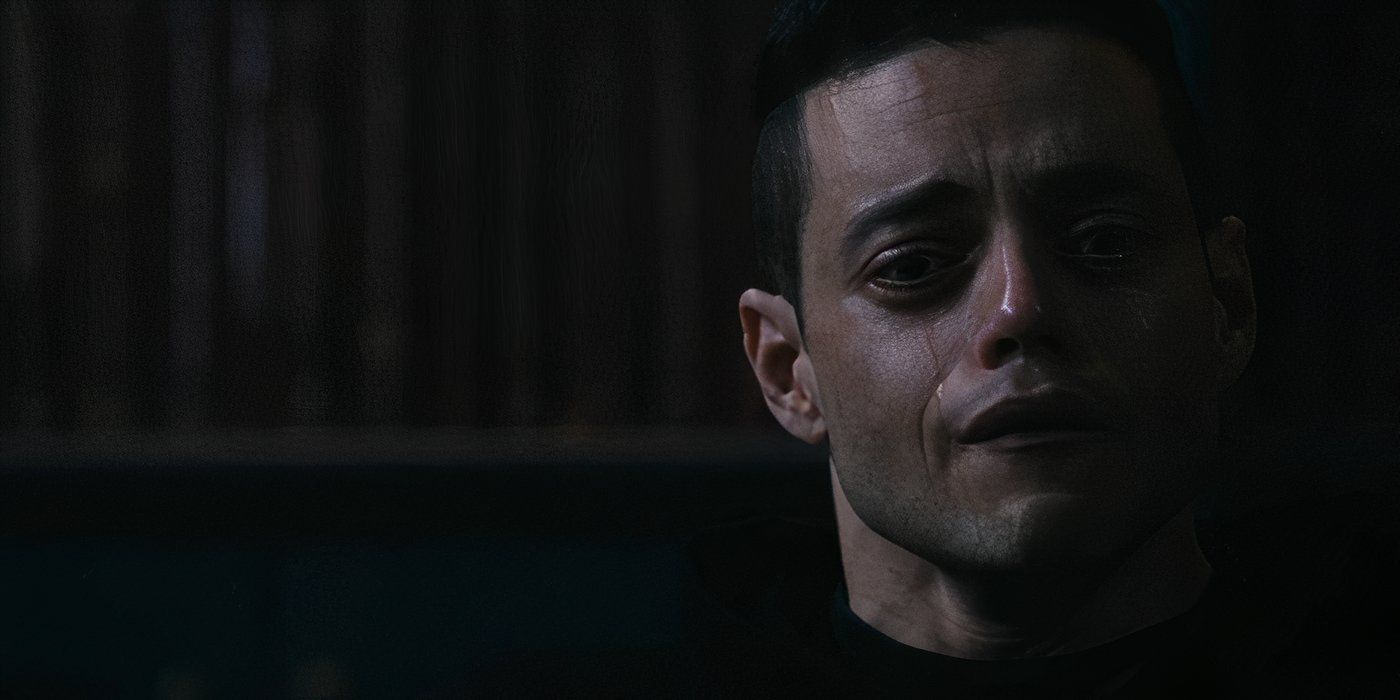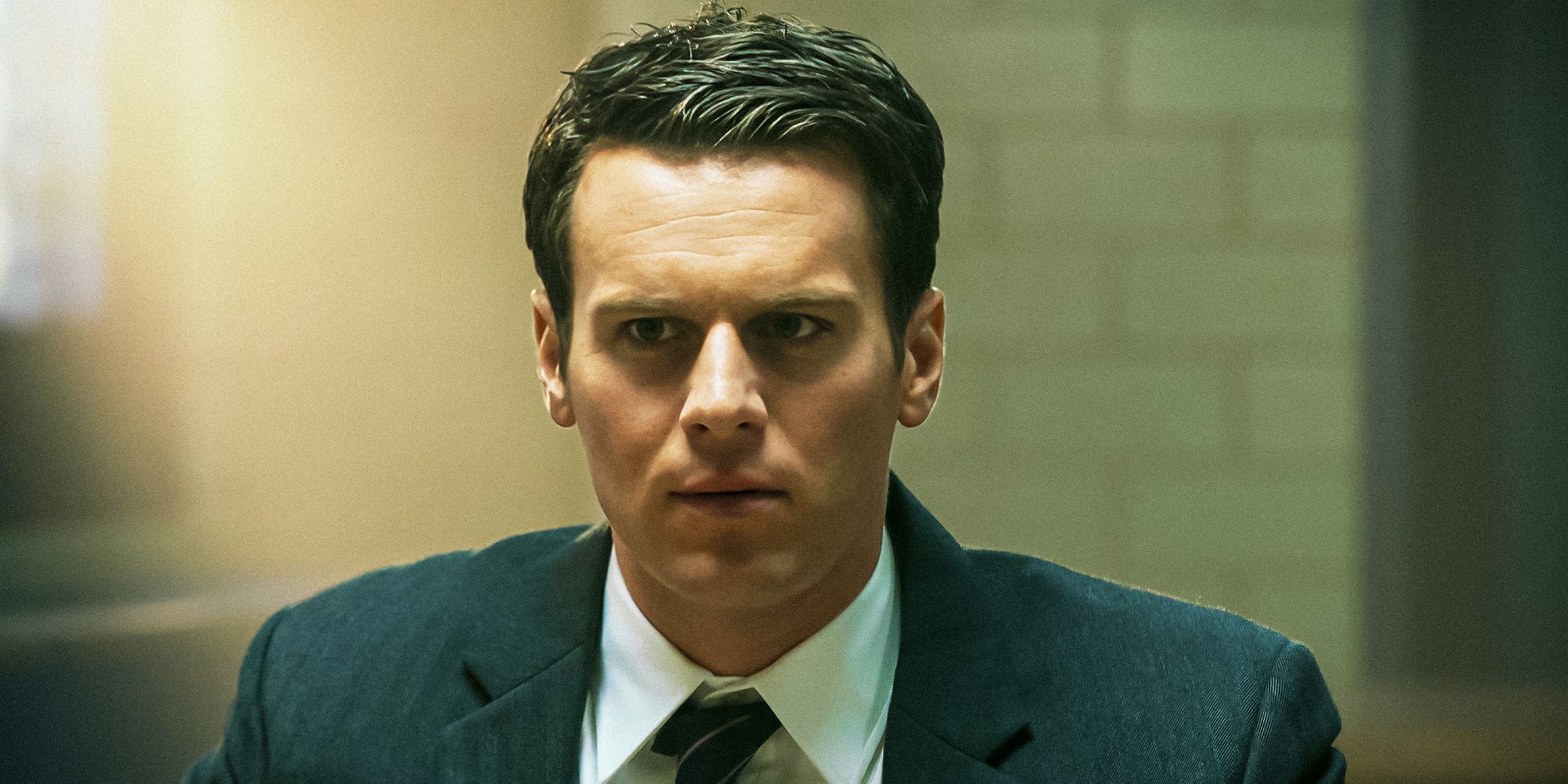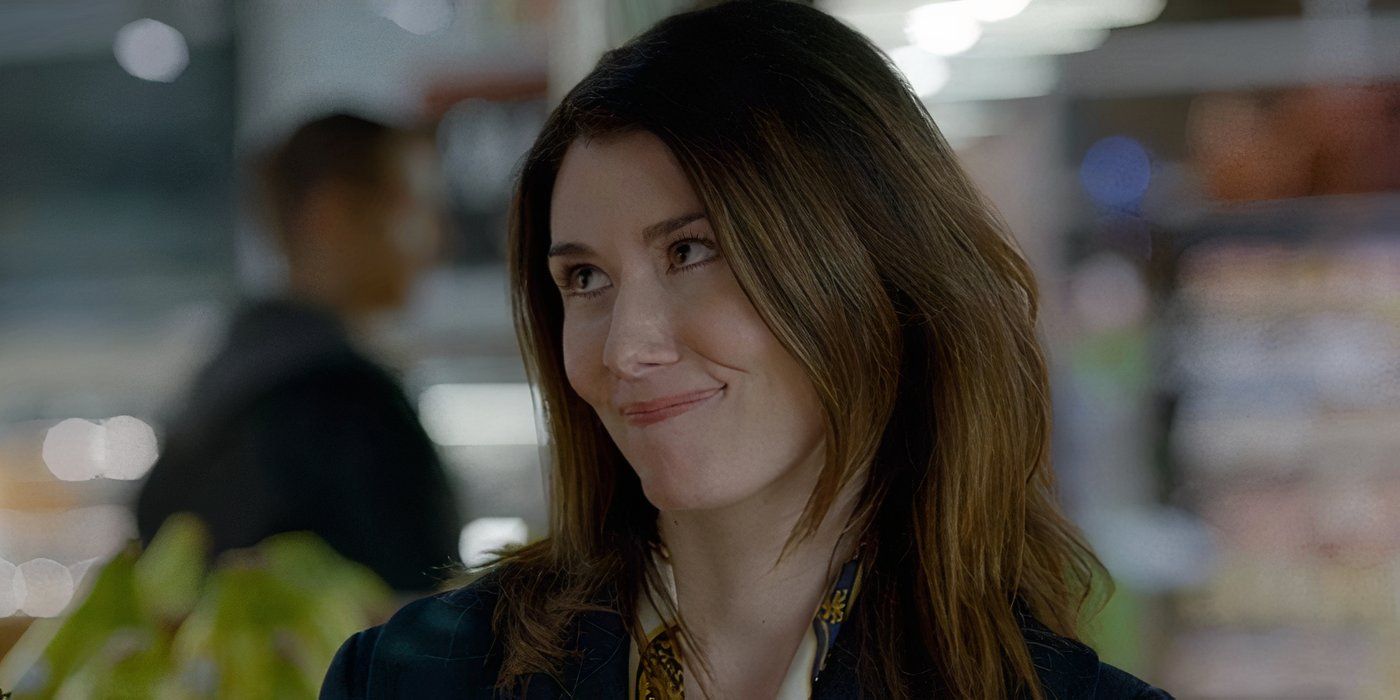Any great entry into the world of complex crime thriller shows is built on a web of intricate plotting, layered character work, and slow-burning tension. Fans of the genre thrive on connecting clues, dissecting motives, and anticipating the truth before the characters do. Simplicity is the enemy – the more tangled the narrative threads, the better the experience.
While plenty of crime thrillers in recent years have embraced intricate storytelling, only a rare few operate on a level that demands rewatching and sparks endless discussion. Some shows keep viewers on their toes with unpredictable, twist-heavy narratives. Others bury deeper meaning beneath the surface, using philosophy, morality, and psychology to make the plot more than just a whodunit.
The crème de la crème of complex crime thriller series are the shows so layered that their brilliance is only fully appreciated by those ready to dive in headfirst. These are the thrillers that test patience, reward insight, and turn every plot reveal into an intellectual victory.
9
Dexter (2006-2013)
The Morality Of Murder Makes This Cat-And-Mouse Story A Labyrinth Of Moral Dilemmas
Dexter isn’t just a crime thriller – it’s a moral puzzle wrapped in a blood-soaked mystery. Following Dexter Morgan (Michael C. Hall), a forensic blood-spatter analyst moonlighting as a vigilante serial killer, the series blurs the lines between hero and monster in a way that forces the audience to wrestle with their own ethics.
The complexity of Dexter lies in its psychological layers. Each season weaves a dense narrative where every character hides secrets, and the audience is constantly invited to analyze Dexter’s manipulations alongside the police investigations he helps solve. The moral questions are baked into the narrative – every kill is a calculated choice, every lie a necessary evil.
On a deeper level, Dexter plays with unreliable narration, forcing viewers to question the truth of what they’re told. The tension between the methodical procedural elements and the intimate voiceover creates an addictive intellectual challenge, especially in its strongest seasons.
8
The Wire (2002-2008)
Every Storyline Is A Piece Of A Larger Social And Political Puzzle
The Wire operates less like a typical crime drama and more like a sprawling sociological study of Baltimore. From the police force to the drug trade, the docks, schools, and political corridors, every season shifts focus, yet every thread connects in ways only fully appreciated with close attention.
What makes The Wire so challenging is its refusal to spoon-feed. There’s no obvious exposition; slang-heavy dialogue, intricate subplots, and a large ensemble – including Jimmy McNulty (Dominic West) and Stringer Bell (Idris Elba) – require viewers to piece together the bigger picture themselves. Even minor details in early episodes can resonate seasons later.
However, The Wire’s real complexity lies in its thematic depth. It’s not just about crime, but about institutional failure, human resilience, and the systems that perpetuate inequality. Fully understanding it means engaging with its political and moral implications, not just its police cases.
7
The Bridge (2013-2014)
Cross-Border Crime Takes On A New Meaning With Layered Cultural And Moral Complexity
An American adaptation of the acclaimed Scandinavian drama, The Bridge follows Detective Sonya Cross (Diane Kruger) and Mexican detective Marco Ruiz (Demián Bichir) as they investigate crimes straddling the U.S.-Mexico border. Its premise alone sets the stage for a complex interplay of legal systems, cultures, and moral codes.
The series weaves together multiple crimes, each with social and political undercurrents that challenge the detectives as much as the audience. Plot threads emerge in unexpected ways, often forcing viewers to reassess earlier assumptions about characters and motives.
What truly sets The Bridge apart from other crime dramas and thrillers is its attention to human psychology and cultural nuance. The criminal cases are tangled with personal trauma, political corruption, and social commentary, making it a show that rewards sharp observation and thematic interpretation.
6
Breaking Bad (2008-2013)
Every Moral Choice Builds A Masterclass In Narrative Cause And Effect
Breaking Bad is as much a slow-burn philosophical study as it is a high-stakes crime drama. Chronicling the transformation of Walter White (Bryan Cranston) from struggling chemistry teacher to ruthless drug lord, the series demands attention to every character decision and its ripple effect.
The brilliance of Breaking Bad is in its precision. Every action has consequences – often seasons later – and the show rarely telegraphs its turns. Watching it passively means missing the deeper web of foreshadowing, visual symbolism, and moral inversion at play.
Its complexity is heightened by layered performances and evolving character dynamics. Walter’s relationship with Jesse Pinkman (Aaron Paul) becomes a study in manipulation, loyalty, and betrayal. For viewers, fully grasping the show’s genius requires tracking the fine details, not just the shocking moments.
5
Mr. Robot (2015-2019)
Unreliable Narration Transforms This Cyber-Thriller Into A Psychological Maze
Mr. Robot begins as a story about vigilante hacker Elliot Alderson (Rami Malek) but quickly evolves into something far more disorienting. Told largely through Elliot’s fractured perspective, the series constantly manipulates what the audience believes to be true.
This unreliable narration turns every plot beat in Mr. Robot into a question mark. Major reveals – some retroactively changing the meaning of entire seasons – require viewers to mentally reassemble events from a new perspective. Its deep dives into mental health, corporate corruption, and surveillance culture add even more complexity.
Stylistically, Mr. Robot rewards sharp-eyed viewers. From visual metaphors to hidden clues in dialogue, the show is built to be decoded, making it a prime candidate for multiple viewings.
4
Mindhunter (2017-2019)
Profiling Killers Becomes A Cerebral Exercise In Psychology And Nuance
Rather than chasing high-octane action, Mindhunter thrives on quiet, unsettling conversations. Following FBI agents Holden Ford (Jonathan Groff) and Bill Tench (Holt McCallany) as they develop criminal profiling techniques in the late 1970s, the series requires viewers to pick apart subtle behavioral details alongside the investigators.
Its complexity comes from its restraint. The tension throughout Mindhunter is psychological, and much of the plot progression depends on catching small shifts in dialogue, body language, and investigative breakthroughs. The cases often reflect the personal struggles of the agents, adding thematic depth.
Because Mindhunter focuses heavily on theory and methodology, appreciating its genius means engaging with the psychological principles at play. It’s a slow-burn crime thriller that rewards viewers who think like detectives.
3
The Killing (2011-2014)
Every Suspect, Clue, And Red Herring Demands Constant Reevaluation
The Killing follows detectives Sarah Linden (Mireille Enos) and Stephen Holder (Joel Kinnaman) as they investigate murder cases where every lead opens another layer of deception. The series is a masterclass in building tension through uncertainty.
The show’s slow pacing allows for meticulous attention to detail, meaning the audience is given time – and reason – to second-guess every development. Even background scenes can hide clues or foreshadow future revelations.
Its complexity also stems from emotional depth. The cases are intertwined with the detectives’ personal struggles, giving the mystery a layered humanity. To truly appreciate The Killing, viewers must be willing to live inside its ambiguity.
2
True Detective (2014-2024)
Each Season Is A Puzzle Box Of Philosophy, Symbolism, And Intricate Plotting
True Detective changes cast and setting each season, but its complexity remains constant. The first season, led by Rust Cohle (Matthew McConaughey) and Marty Hart (Woody Harrelson), mixes non-linear storytelling with rich symbolism and thematic weight. Each season that follows, from the California-set season 2 through to 2022’s Night Country (the fourth installment) keeps up this momentum too, making for an incredibly cerebral viewing experience throughout.
The anthology’s structure means every season of True Detective creates a new, self-contained puzzle. Viewers must track shifting timelines, subtle visual cues, and philosophical references – often piecing together meaning from things left unsaid. Of all the complex crime thrillers out there, few warrant (and almost demand) a rewatch quite like this one.
Beyond the central mysteries, all seasons of True Detective engage with larger existential and moral questions. This philosophical undercurrent elevates it from standard procedural to an intellectual challenge, rewarding attentive and analytical viewing.
1
Fargo (2014-2024)
Anthology Storytelling Blends Moral Complexity With Interwoven Criminal Chaos
Inspired by the Coen brothers’ film, Fargo delivers standalone crime tales connected by a shared tone of dark humor, moral ambiguity, and sudden violence. An anthology like True Detective, each season of Fargo’s puzzle of interconnected characters and crimes requires viewers to track multiple threads at once. Yes, it can get complex, but this complexity is exactly what makes the show so rewarding.
Rather than relying on shock twists (although it has its fair share), the complexity of Fargo lies in its tonal shifts and thematic layering. The series moves between absurd comedy, tragedy, and suspense without warning, forcing viewers to engage with the story’s deeper moral dilemmas while staying alert for sudden plot turns.
Foreshadowing, parallel narratives, and recurring symbolic motifs mean that Fargo rewards sharp analysis. For fans of complex crime thriller shows, it’s an anthology that practically begs for close, active viewing.



